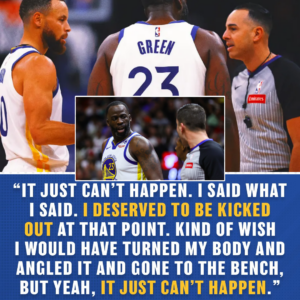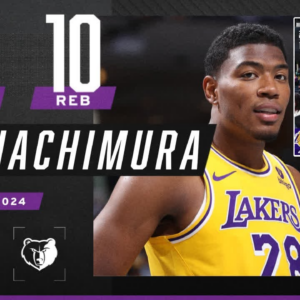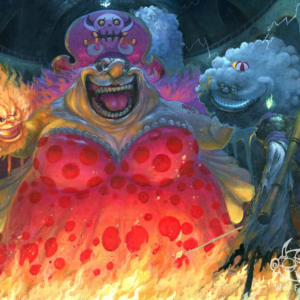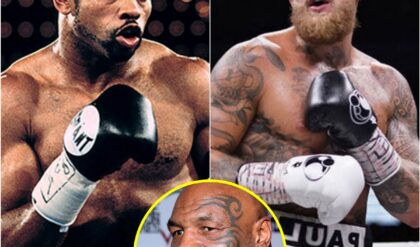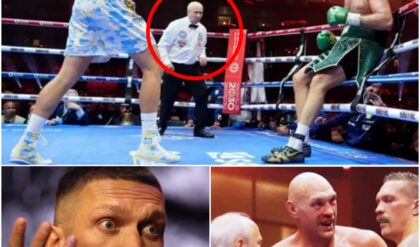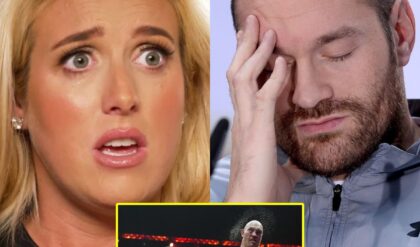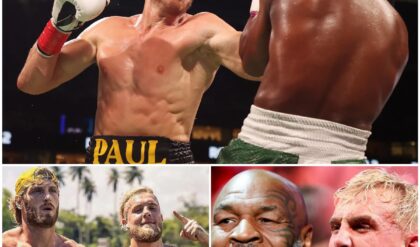LeBron James’s savvy move in vetoing Darvin Ham’s defensive plan turned the tide in the Lakers’ 21-point comeback victory.
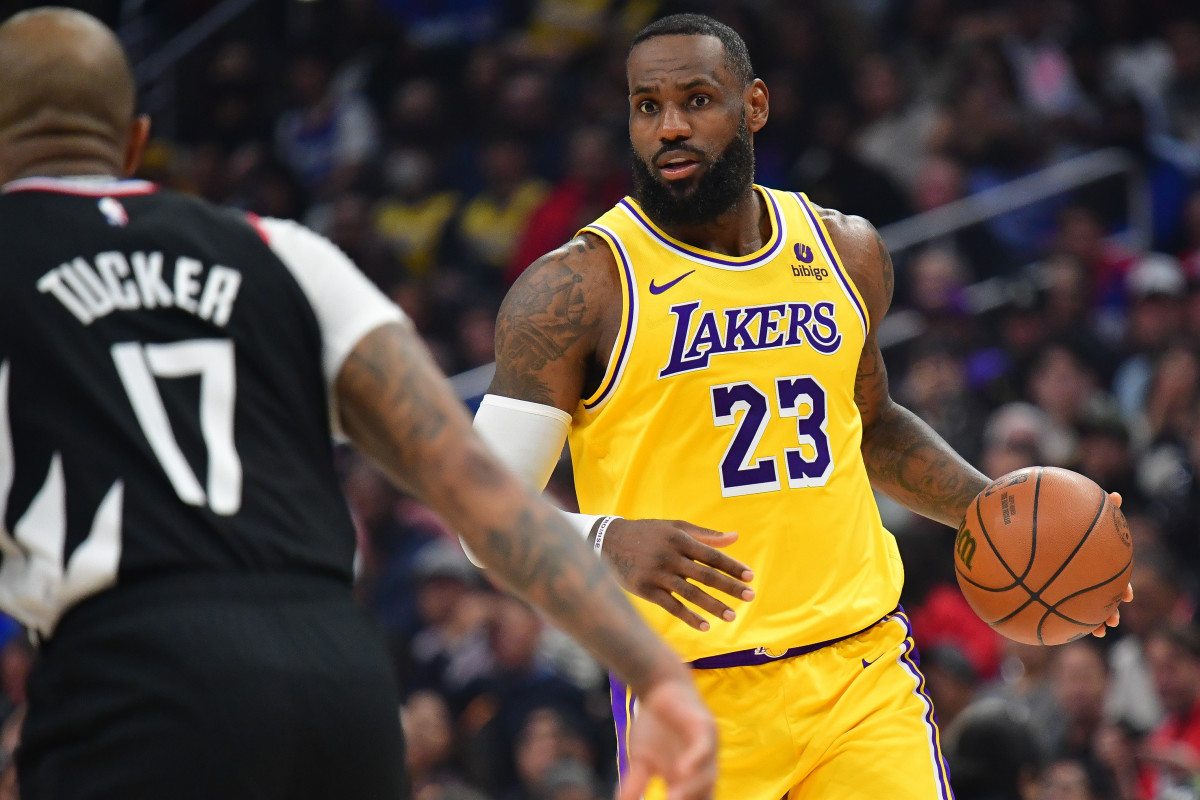
LeBron James’ decision to veto the Lakers’ defensive strategy against the Clippers proved to be a game-changer in their monumental 21-point comeback victory. Speaking on the latest episode of ‘Mind The Game,’ LeBron revealed how he vetoed a defensive strategy proposed by Lakers coach Darvin Ham during the second half.
“In the Clippers game, we had switching built in versus Kawhi, versus James, whatever the case may be and I vetoed it in the second half because I know Ty Lue, more than any other player that’s ever been with Ty Lue and I know he plays target ball too and It got a point.”
“I knew in order for us to get back into the game, switching anybody else onto Kawhi is not favorable for us or I might as well get ready for Wizards, so I vetoed it.” (19:57)
GG Jackson On His Interaction With LeBron James: “Other Than Him Hitting Fadeaways?”
ISHAAN BHATTACHARYA
The initial plan involved implementing a switching defense against the likes of Kawhi Leonard and James Harden. However, LeBron, with his deep understanding of the game and his opponents, recognized the flaws in this approach.
He vetoed the plan because he knew Ty Lue’s coaching tendencies better than anyone else on the team. LeBron understood that Lue, the Clippers’ head coach, employs a strategy known as “target ball,” where specific plays are designed to exploit defensive switches and mismatches.
LeBron’s decision to veto the switching defense proved to be a game-changer. Instead of allowing the Clippers to dictate matchups and exploit defensive weaknesses, LeBron opted for a different approach. He understood that switching defenders onto Kawhi Leonard or James Harden would not be favorable for the Lakers’ defensive scheme.
In order to mount a comeback and secure the win, LeBron knew they needed to stick to their defensive assignments and avoid falling into the Clippers’ trap.
LeBron’s defensive prowess combined with his offensive dominance was instrumental in orchestrating the Lakers’ comeback. He scored a staggering 19 points in the fourth quarter alone, showcasing his scoring ability and clutch performance when it mattered most. Moreover, LeBron’s defensive efforts disrupted the Clippers’ offensive rhythm and forced them into difficult shots, ultimately leading to turnovers and fast-break opportunities for the Lakers.
In addition to his individual brilliance, LeBron’s leadership and basketball IQ were on full display throughout the game. He directed his teammates to the right spots on the floor, orchestrated defensive rotations, and instilled confidence in his team even when facing a daunting deficit. His ability to inspire and motivate his teammates played a crucial role in their collective effort to mount a historic comeback.
The victory against the Clippers not only highlighted LeBron’s exceptional skill set but also reinforced his status as one of the greatest players in NBA history. His ability to impact the game in multiple facets, make crucial decisions under pressure, and lead his team to victory in the face of adversity exemplifies the qualities that separate the GOATs from the rest. As LeBron continues to defy expectations and rewrite the record books, his legacy as one of the all-time greats of the game is firmly cemented.
With his performance against the Clippers, LeBron added to his impressive career statistics, further solidifying his place in basketball history. He recorded 34 points, six rebounds, eight assists, and two blocks in 37 minutes of play. Additionally, LeBron’s defensive contributions were evident as he held his opponents to a lower shooting percentage and forced turnovers crucial to the Lakers’ comeback.
This standout performance further underscores LeBron’s ability to dominate games on both ends of the floor, showcasing his unparalleled impact and influence on the outcome of the game.
LeBron James Is A Coach, GM, And A Player Built Into One
LeBron James is not just a basketball player; he’s a coach, a general manager, and a player all rolled into one. His impact on the court goes far beyond his scoring, rebounding, and passing abilities. LeBron possesses a unique combination of basketball IQ, leadership qualities, and strategic thinking that sets him apart from his peers.
As a player, LeBron’s versatility is unmatched. Standing at 6 feet 9 inches and weighing 250 pounds, he possesses the size and athleticism to excel at multiple positions on the court. Whether he’s driving to the basket, shooting from long range, or orchestrating the offense as a point forward, LeBron’s skill set allows him to adapt to various roles and situations seamlessly.
Furthermore, LeBron’s basketball IQ is off the charts. He has an innate understanding of the game’s nuances, from offensive schemes to defensive rotations. LeBron reads the game like a seasoned veteran, anticipating plays before they unfold and making split-second decisions that often result in positive outcomes for his team.
Off the court, LeBron’s influence extends to the front office. He has a keen eye for talent and a knack for assembling championship-caliber teams. Throughout his career, LeBron has played a significant role in recruiting free agents, shaping roster decisions, and implementing strategic changes to optimize his team’s chances of success.
Moreover, LeBron’s leadership qualities are second to none. He leads by example, setting high standards for himself and his teammates both on and off the court. LeBron’s work ethic, dedication, and commitment to excellence inspire those around him to elevate their game and strive for greatness.
LeBron James embodies the role of a coach, a general manager, and a player all in one. His unparalleled combination of skills, basketball IQ, leadership, and influence transcends traditional notions of what it means to be a basketball player. LeBron’s impact on the game extends far beyond his on-court performance, making him one of the most influential figures in basketball history.
News
Test đẩy bài từ cms
Test đẩy bài từ cms, xóa sau khi dùng.
Draymond Green: “I deserved to be kicked out”
Green expressed remorse for his early ejection on – where else? – the Draymond Green Show Draymond Green guards Paolo Banchero in one of the four minutes he was on the court Wednesday Photo by Mike Ehrmann/Getty Images Promising to…
“I’m not a BIG FAN of the city,” Lakers star Rui Hachimura REVEALS true feelings about Memphis after DOMINATING WIN
Rui Hachimura has improved drastically of late. Rui Hachimura On Wednesday the Lakers registered their 41st win against the Memphis Grizzlies, led by Rui Hachimura. The Lakers are on a roll, as they are now cruising through with a five-game winning…
VIDEO: Social Media RIPS LeBron James After Clip Of Lakers Star Raving About Diddy’s Parties Resurfaces Online
LeBron James is getting slammed online amid the disturbing Sean “Diddy” Combs scandal. It appears Diddy has nearly reached the end of his rope as his houses in Los Angeles in Miami were raided by Homeland Security on Monday. The rapper…
BREAKING: Social Media Is Saddened By Longtime ESPN “SportsCenter” Anchor’s Heartbreaking Announcement
ESPN’s ‘SportsCenter’ host John Anderson’s run is nearing an end, with the longtime sports personality set to retire later this year after 25 years. Anderson announced his plan to retire when his contract with the company runs out in June,…
One Piece: BROOK VS BIG MOM, a Commissioned painting!
SUMMARY Brook is the hidden heartbeat of the Straw Hat Pirates, providing crucial support despite often being overlooked by fans. In a stunning fan art piece, Brook’s epic fight against Big Mom is beautifully recreated, highlighting his defiance and determination….
End of content
No more pages to load
